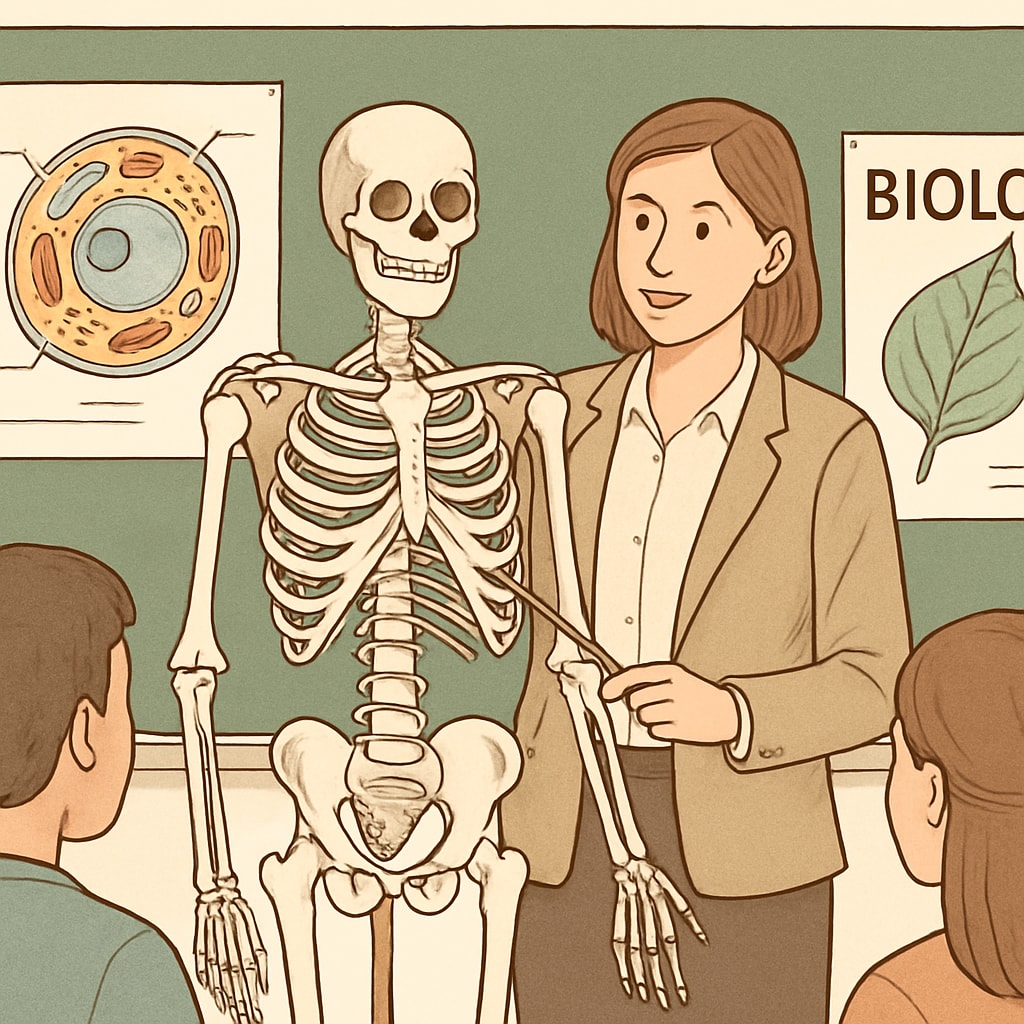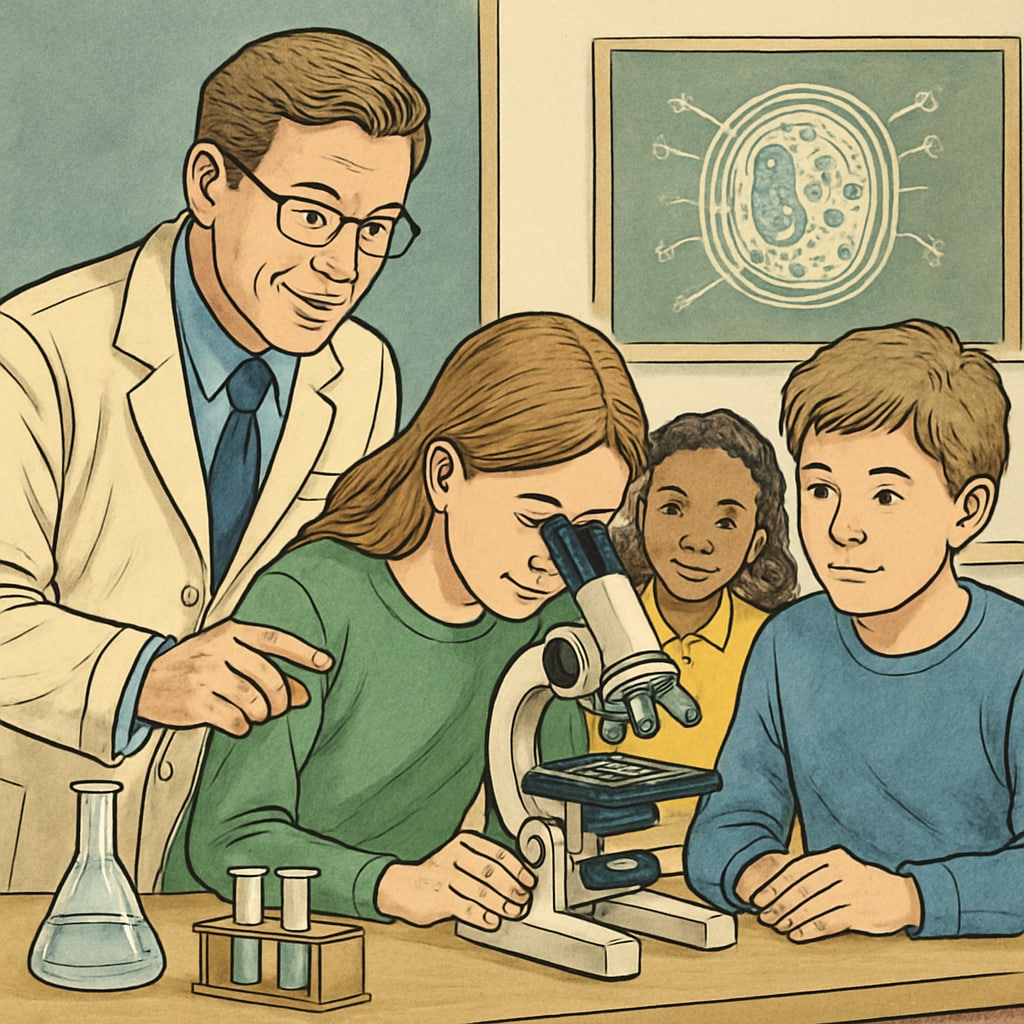For biology majors wondering about their career prospects, transitioning to education can be both a rewarding and impactful pathway. Combining their scientific expertise with a passion for teaching, many biology graduates are now exploring the possibility of pursuing teaching credentials, such as a master’s in education. By doing so, they can address the growing demand for STEM educators while fulfilling their own aspirations. In this article, we will examine the advantages, challenges, and practical steps involved in making this professional shift.
Why Biology Majors Are Well-Suited for Education
Biology majors bring a unique perspective to education. Their in-depth understanding of life sciences equips them to explain complex topics in engaging and relatable ways. Furthermore, their experience with scientific methodologies fosters critical thinking—an essential skill to instill in students. For example, teaching the concept of ecosystems can be enriched by real-world examples and laboratory simulations, which biology majors are adept at designing.
In addition, the demand for qualified STEM teachers is increasing globally. According to a report by Britannica, the world faces a shortage of educators in science, technology, engineering, and math (STEM) fields. Biology graduates transitioning into education can help bridge this gap, inspiring the next generation to explore the wonders of science.

Advantages of Transitioning from Biology to Education
There are several benefits to making this career switch:
- Subject Mastery: Biology graduates have a strong foundation in their subject, which enables them to teach confidently and effectively.
- High Demand: STEM teachers are highly sought after, providing job stability and opportunities for growth.
- Impactful Work: Educators shape the future by inspiring curiosity and fostering a love for learning in their students.
Moreover, pursuing a master’s in education (M.Ed.) allows biology majors to gain pedagogical skills and teaching certifications tailored to their new career. Programs like these often include both coursework and classroom practice, enabling a smooth transition into teaching roles.
Challenges to Consider
While the transition to teaching is rewarding, it is not without its challenges. Biology majors may face difficulties such as:
- Pedagogical Skills: Understanding how to teach effectively requires training and practice, which may be unfamiliar to those with a purely scientific background.
- Certification Requirements: Becoming a certified teacher often involves additional coursework, exams, and internships.
- Adjusting to Classroom Dynamics: Managing diverse student needs and maintaining engagement can be a steep learning curve for new educators.
However, these challenges can be addressed with proper preparation and support. For example, many educational institutions offer mentorship programs to help new teachers navigate their first few years in the classroom.

Practical Steps for Biology Majors Pursuing Education
For those ready to make the leap, here are some actionable steps to begin the journey:
- Research Certification Requirements: Investigate the teaching credentials required in your region, such as licensure exams or specific degrees.
- Enroll in a Master’s Program: Consider pursuing a master’s in education (M.Ed.) to acquire the necessary pedagogical skills and classroom experience.
- Gain Practical Experience: Volunteer as a teaching assistant or tutor to build confidence and familiarity with the educational environment.
- Network with Educators: Connect with teachers and education professionals to learn from their experiences and seek guidance.
- Stay Informed on STEM Education Trends: Keep up with advancements in STEM education to make your lessons engaging and relevant.
Conclusion: Turning Passion into Impact
Transitioning from biology to education is a viable path that offers both personal fulfillment and societal impact. By leveraging their scientific knowledge and embracing the art of teaching, biology graduates can inspire a new generation of learners to explore the wonders of science. While the journey may come with challenges, the rewards of shaping young minds and contributing to the STEM field make it a worthwhile endeavor.
If you’re a biology major considering this path, take the first step today—your future classroom awaits!


